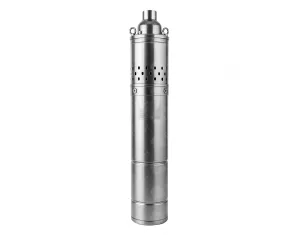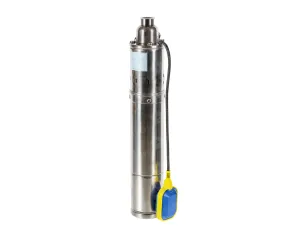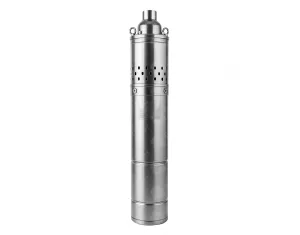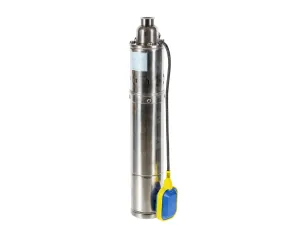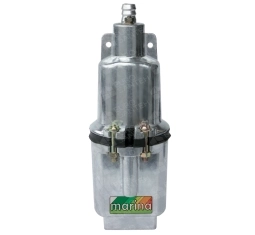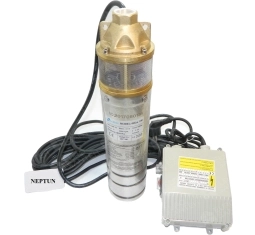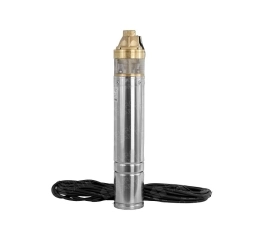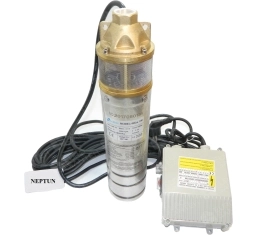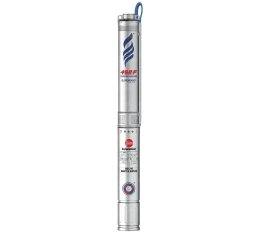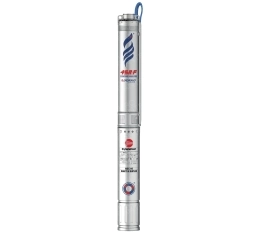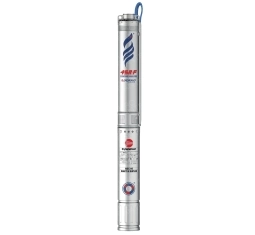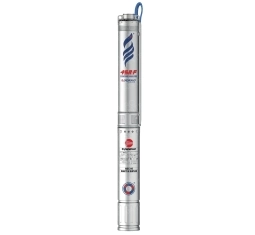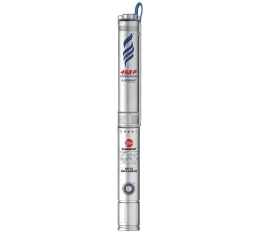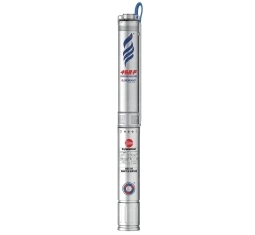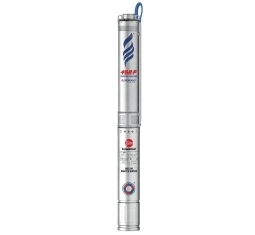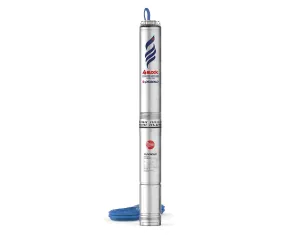Submersible pumps / deep well pumps
Submersible pumps, often referred to as deep well pumps, are indispensable devices designed for efficiently lifting water from deep sources, providing a reliable solution for various applications. These pumps are submerged in the water source, typically a well or borehole, and are known for their ability to deliver water with high efficiency and consistent pressure. Here's an overview of submersible pumps and their applications:
Key Features of Submersible Pumps:
1. Submerged Operation:
Submersible pumps operate while fully submerged in the water source, allowing them to lift water from significant depths. This design minimizes issues related to priming and enhances efficiency.
2. Multistage Construction:
Many submersible pumps are built with a multistage design, meaning they have multiple impellers stacked in series. This construction enables the pump to generate higher pressures, making them suitable for deep wells.
3. Hermetically Sealed:
Submersible pumps are hermetically sealed to prevent water from entering the motor or other internal components. This feature ensures the pump's longevity and reduces the risk of malfunctions.
Applications of Submersible Pumps:
1. Domestic Water Supply:
Submersible pumps are widely used for supplying water to homes and communities. They efficiently draw water from deep wells, ensuring a constant and reliable water source for domestic use.
2. Agricultural Irrigation:
In agriculture, submersible pumps play a crucial role in irrigating crops. Their ability to lift water from significant depths makes them suitable for delivering water to fields and ensuring proper crop hydration.
3. Industrial Applications:
Industries often utilize submersible pumps for various applications, including dewatering, drainage, and wastewater management. These pumps are effective in handling liquids with solids and are commonly employed in construction and mining.
4. Groundwater Management:
Submersible pumps are instrumental in managing groundwater levels. They assist in lowering water tables, preventing flooding, and facilitating groundwater extraction for various purposes.
Advantages of Submersible Pumps:
Efficiency: Submersible pumps are known for their high efficiency, as they operate directly in the water source, minimizing energy losses associated with pumping water over long distances.
Low Maintenance: The hermetically sealed design reduces the need for frequent maintenance. Submersible pumps are generally more durable and have a longer lifespan compared to surface pumps.
Space-Efficient: The compact design of submersible pumps makes them space-efficient, particularly when compared to traditional surface pumps. This is advantageous, especially in installations where space is limited.
Conclusion: Reliable Water Supply with Submersible Pumps:
Submersible pumps, or deep well pumps, stand out as reliable and efficient solutions for water supply in various settings. Their ability to operate in deep wells, coupled with low maintenance requirements, makes them a preferred choice for domestic, agricultural, and industrial water pumping needs. Whether it's ensuring a constant water supply for households or facilitating agricultural irrigation, submersible pumps continue to play a vital role in water management systems worldwide.
